Credit / Invoice / Payment / Demand Letter


Granting of credit means allowing for the delivery of goods or performance of services without first receiving payment. Credit is very common in both the consumer and business context (e.g. credit card) and would induce sales by allowing the customer to buy goods and services without first having the available sales.
It is essential for a company to ensure that the customer has the ability to repay for the goods and services rendered. This is usually done by a credit check. Below are some common credit documents:
Request for Credit - Customer applies or requests for credit.
Credit Reference - Seller checking with credit agency / other vendors on credit history.
Credit Acceptance - Approval of credit to customers specifying the amount granted with a welcome message.
Credit Refusal - Refusing credit in a positive way, and suggesting that they reapply in the future.
An invoice is a commercial document issued by the seller to the buyer in connection with a sales transaction, indicating the product, quantity and agreed price of the product or service provided by the seller to the buyer.
Payment terms are usually written on the invoice. These terms may stipulate that the buyer has the maximum number of days to pay and sometimes offers a discount if paid before the due date. The buyer then makes the payment for the products or services listed on the invoice.
The granting of credit may always result in the lapse of payments by a few customers, regardless of how carefully the credit check had been done. Therefore, banks need an instrument to issue a demand for payment. Writing a demand letter is a delicate matter since your aim is to "demand" payment from the customer without offending the customer or damaging the goodwill (at least for the first letter). It is important to be persuasive instead of sounding demanding. Yet one will need to be firm, tactful and polite at the same time, which is a difficult art to master.
The way to do so is to be customer-oriented when writing the first demand letter. Prior to doing so, one would generally start with sending an additional outstanding invoice stating clearly "Past Due", followed by a phone call to remind the customer. If that fails, one would start with a mild reminder that there has been an oversight in payment, then the tone gradually intensifies with the second letter, with a final letter reminder threatening to commence legal proceedings or refer to a collection agency if they do not pay within a certain time frame. In all cases, the payment demand should have the following elements:
Below are some examples we have on DocPro:
First Payment Reminder for Goods and Services - Friendly reminder that the payment is past due.
Second Payment Reminder for Goods and Services - A more forceful reminder demanding the overdue amount be repaid immediately.
Final Payment Reminder for Goods and Services - Letter before action threatening legal action or past to collection agency.
Not the right document?
Don’t worry, we have thousands of documents for you to choose from:

10 Jun 2022
6 min read

2 Jun 2022
6 min read

27 May 2022
6 min read

20 May 2022
6 min read

9 May 2022
6 min read

3 May 2022
3 min read

25 Apr 2022
5 min read

31 Mar 2022
1 min read

29 Mar 2022
1 min read

20 Mar 2022
6 min read

12 Mar 2022
5 min read

21 Feb 2022
5 min read

31 Jan 2022
5 min read

13 Jan 2022
4 min read

3 Jan 2022
5 min read

7 Dec 2021
11 min read
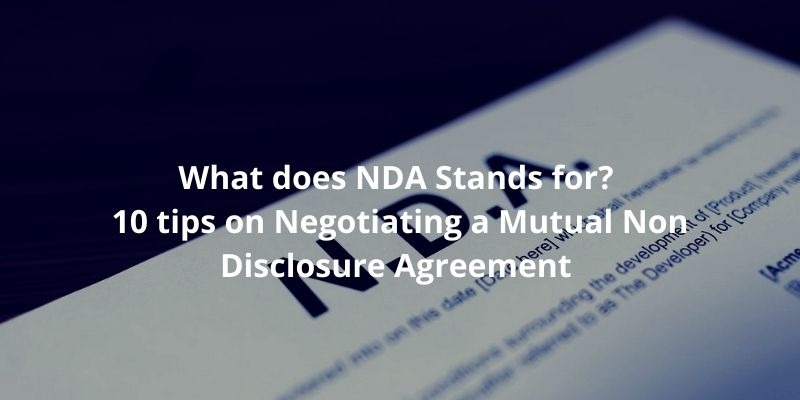
14 Nov 2021
6 min read

1 Nov 2021
9 min read

21 Oct 2021
1 min read

17 Oct 2021
7 min read
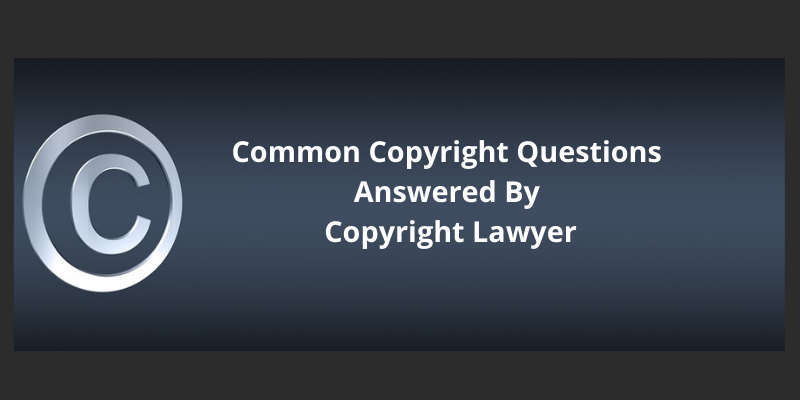
7 Oct 2021
12 min read

16 Sep 2021
4 min read
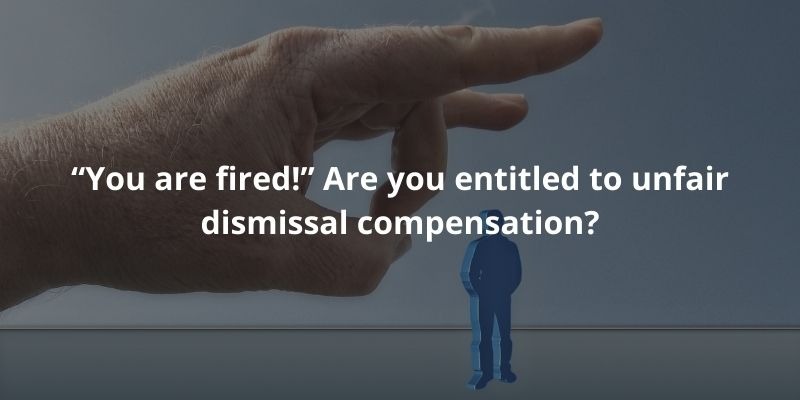
14 Sep 2021
5 min read

10 Sep 2021
3 min read

31 Aug 2021
4 min read
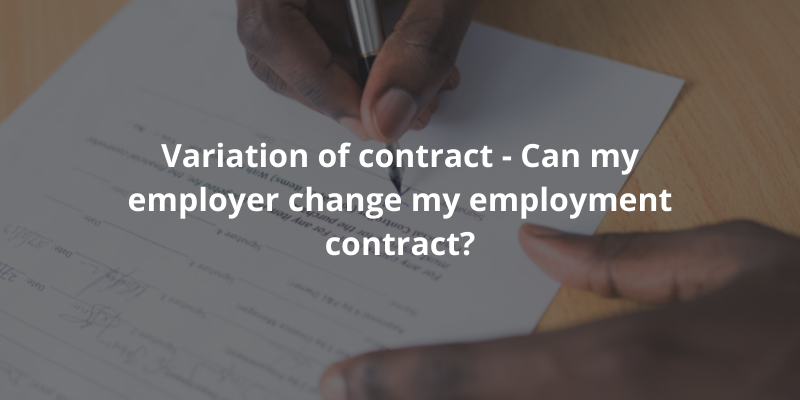
23 Aug 2021
3 min read
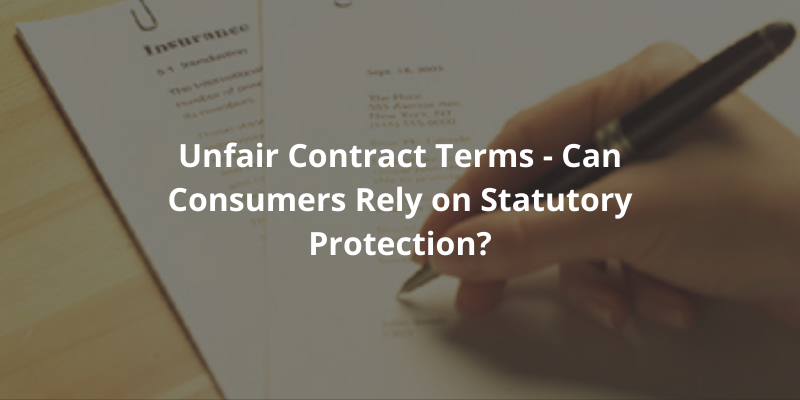
16 Aug 2021
5 min read

30 Jul 2021
6 min read

23 Jul 2021
7 min read

13 Jul 2021
5 min read

2 Jul 2021
5 min read

24 Jun 2021
5 min read

15 Jun 2021
4 min read

4 Jun 2021
6 min read

28 May 2021
5 min read

21 May 2021
5 min read

14 May 2021
5 min read

7 May 2021
5 min read

30 Apr 2021
5 min read

23 Apr 2021
5 min read

16 Apr 2021
5 min read

9 Apr 2021
5 min read

1 Apr 2021
5 min read

26 Mar 2021
4 min read

19 Mar 2021
5 min read

12 Mar 2021
5 min read

5 Mar 2021
6 min read
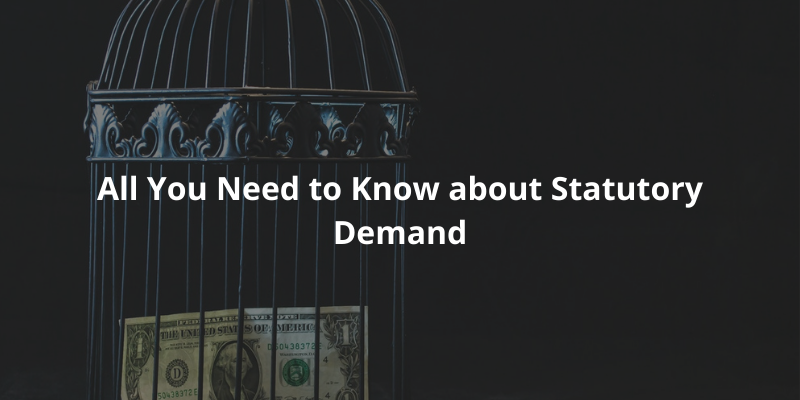
26 Feb 2021
5 min read

19 Feb 2021
6 min read

11 Feb 2021
5 min read

29 Jan 2021
6 min read
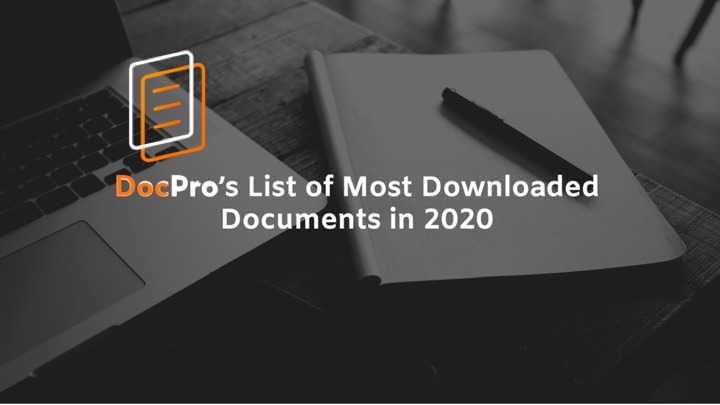
29 Jan 2021
3 min read

22 Jan 2021
6 min read

15 Jan 2021
6 min read

8 Jan 2021
6 min read

31 Dec 2020
6 min read

24 Dec 2020
0 min read

24 Dec 2020
7 min read

18 Dec 2020
6 min read

11 Dec 2020
6 min read

4 Dec 2020
6 min read

27 Nov 2020
6 min read

27 Nov 2020
7 min read

22 Nov 2020
7 min read
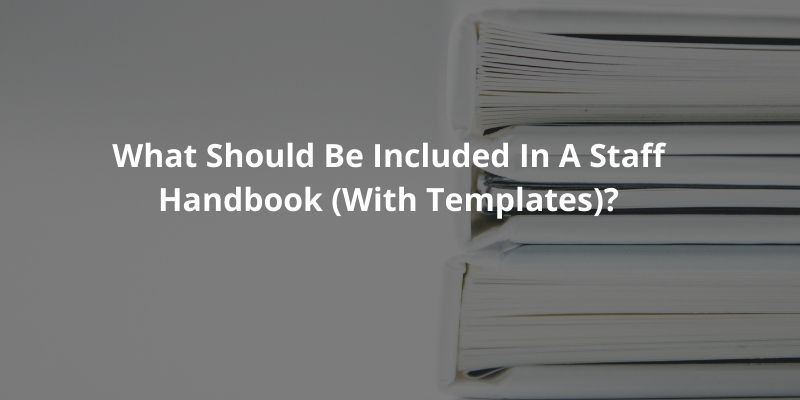
13 Nov 2020
8 min read
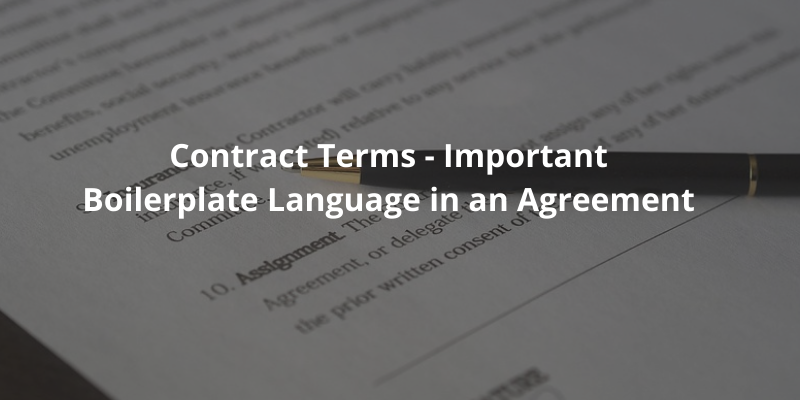
12 Nov 2020
8 min read

7 Nov 2020
8 min read

5 Nov 2020
6 min read

30 Oct 2020
7 min read
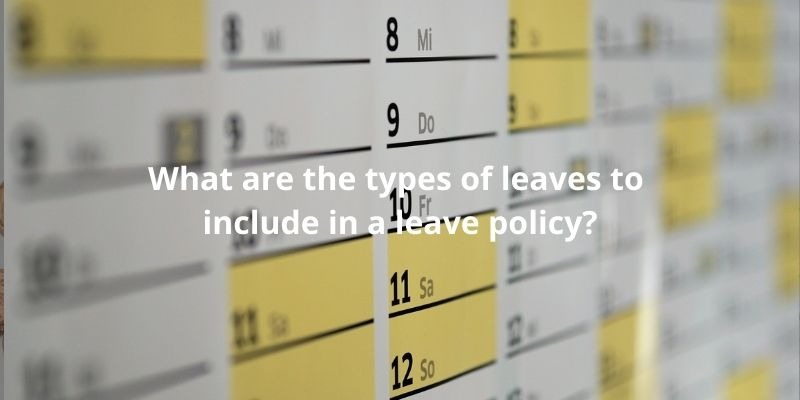
29 Oct 2020
8 min read

23 Oct 2020
7 min read
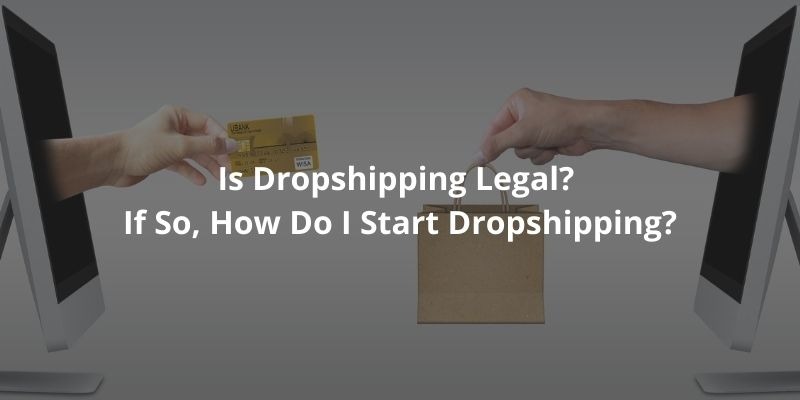
19 Oct 2020
8 min read

16 Oct 2020
10 min read

7 Oct 2020
9 min read
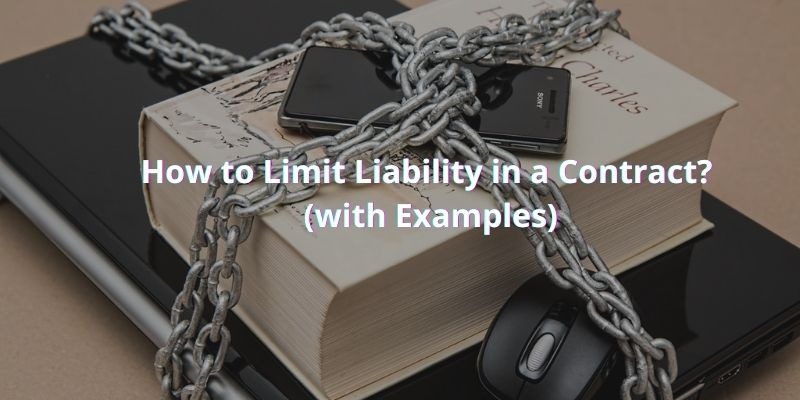
28 Sep 2020
8 min read

18 Sep 2020
7 min read

9 Sep 2020
7 min read

3 Sep 2020
7 min read

27 Aug 2020
8 min read

27 Aug 2020
9 min read

19 Aug 2020
8 min read

17 Aug 2020
8 min read

11 Aug 2020
8 min read

11 Aug 2020
8 min read

10 Aug 2020
11 min read

10 Aug 2020
9 min read

7 Aug 2020
9 min read

4 Aug 2020
9 min read

3 Aug 2020
10 min read

23 Jul 2020
8 min read

23 Jul 2020
8 min read

12 Jul 2020
8 min read
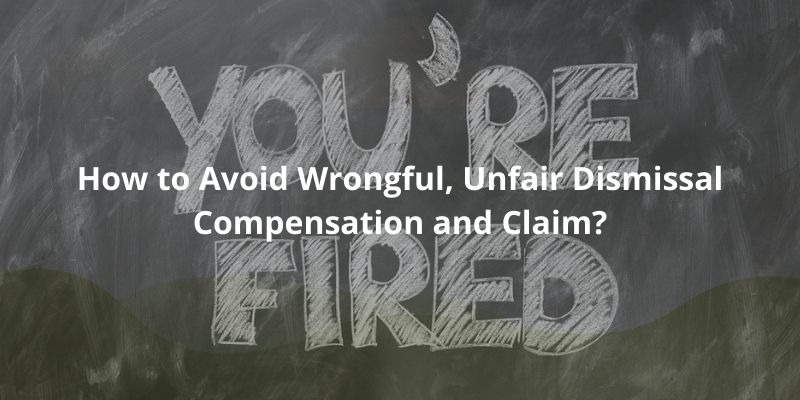
5 Jul 2020
7 min read
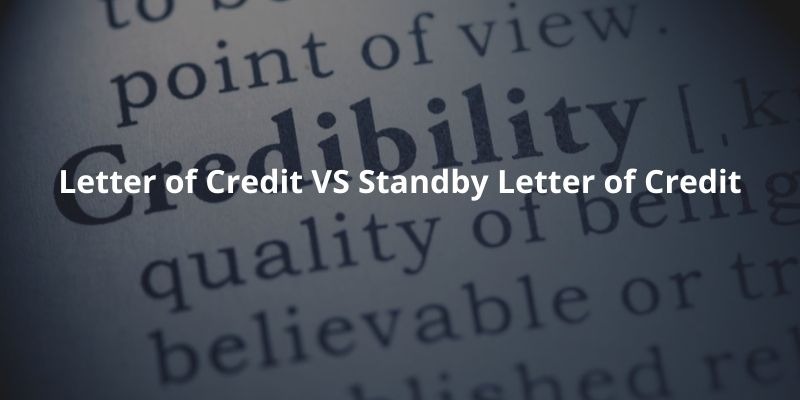
25 Jun 2020
7 min read

12 Jun 2020
9 min read

11 Jun 2020
9 min read

9 Jun 2020
9 min read

8 Jun 2020
8 min read

4 Jun 2020
5 min read

4 Jun 2020
8 min read

2 Jun 2020
10 min read

28 May 2020
13 min read

25 May 2020
8 min read

1 May 2020
10 min read

1 Apr 2020
6 min read

1 Mar 2020
11 min read

1 Feb 2020
11 min read

8 Jan 2020
9 min read

1 Jan 2020
1 min read

10 Dec 2019
7 min read

26 Nov 2019
8 min read

5 Nov 2019
5 min read

24 Oct 2019
3 min read

1 Oct 2019
1 min read

1 Oct 2019
1 min read